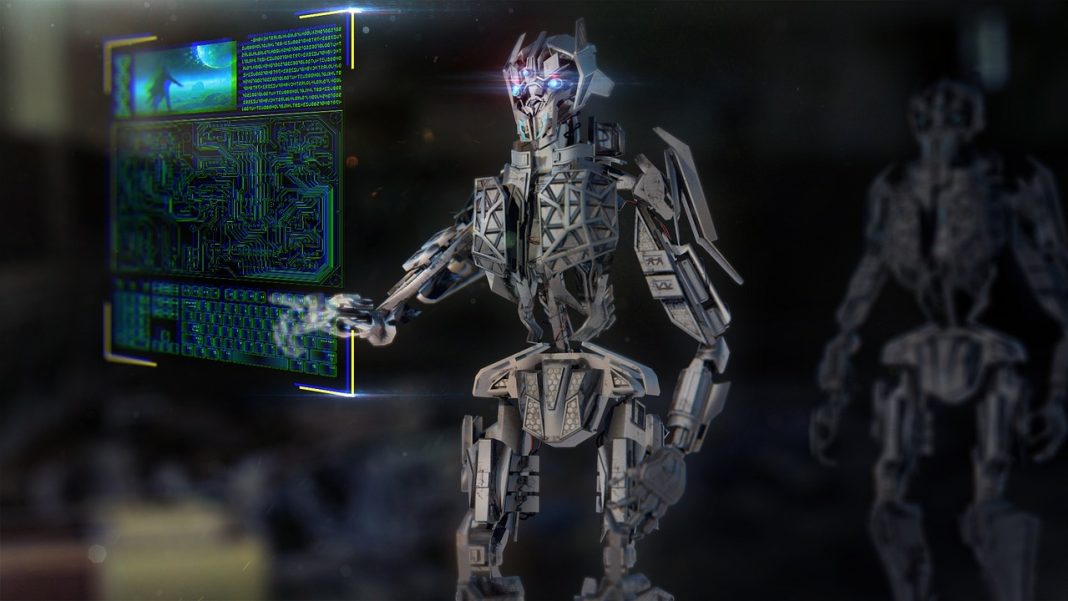The influence of Artificial Intelligence (AI) on the job market has been profound, leading to the elimination of certain roles but also creating new opportunities. This article explores 12 jobs that AI has already made obsolete, and highlights the silver lining of these developments.
1. Assembly Line Workers
Many manufacturing jobs, particularly those on assembly lines, have been taken over by AI-controlled robots. These machines can work continuously without breaks, increasing productivity and reducing human error.
2. Bank Tellers
The advent of ATMs and online banking has significantly reduced the need for human tellers. AI chatbots and virtual assistants are now handling customer queries, making transactions more efficient.
3. Travel Agents
Online travel agencies, powered by AI, provide personalized travel bookings at the click of a button. AI’s ability to sift through vast amounts of data to find the best deals has led to a decline in traditional travel agents.
4. Telephone Operators
With automated directories and voice recognition systems, the need for telephone operators has significantly decreased. AI can route calls and provide information more efficiently.
5. Data Entry Clerks
AI algorithms can process and interpret massive amounts of data far more accurately and quickly than humans, rendering manual data entry largely obsolete.
6. Payroll Clerks
Automated software can now calculate wages, taxes, and benefits, eliminating the need for human intervention in payroll processing.
7. Toll Booth Operators
Electronic toll collection systems have replaced human operators, allowing for smoother and faster traffic flow.
8. Film Projectionists
With the advent of digital projection technology, the role of film projectionists has become almost non-existent.
9. Postal Workers
Email, instant messaging, and AI-powered sorting and delivery systems have decreased the need for postal workers.
10. Telemarketers
AI can now handle routine sales calls, lead qualification, and customer engagement, leading to a decline in telemarketing roles.
11. Inventory Managers
Sophisticated AI algorithms can predict stock levels and automate reordering, making human inventory managers less necessary.
12. Cashiers
Automated checkout systems and self-service kiosks have decreased the need for cashiers in many retail environments.
The Silver Lining
Despite the elimination of these roles, the advent of AI has a silver lining. Here are a few key points to consider:
Creation of New Jobs: While AI eliminates some jobs, it also creates new ones. Roles in AI and machine learning, data analysis, robotics, and automation are in high demand.
Increased Productivity: By taking over routine tasks, AI frees up humans to focus on more complex, creative, and impactful work.
Improved Services: AI enhances services in many sectors, making them more efficient and personalized. For example, AI can provide tailored recommendations in healthcare, retail, and entertainment.
Upskilling Opportunities: The rise of AI has spurred education and training initiatives, helping individuals learn new skills and adapt to the changing job market.
Conclusion
While AI’s impact on the job market can be disruptive, it’s part of the broader cycle of technological progress. As we navigate this transition, it’s crucial to focus on lifelong learning, upskilling, and adaptability. AI is not solely a job eliminator; it’s a change agent, ushering in a new era of opportunity and innovation.







